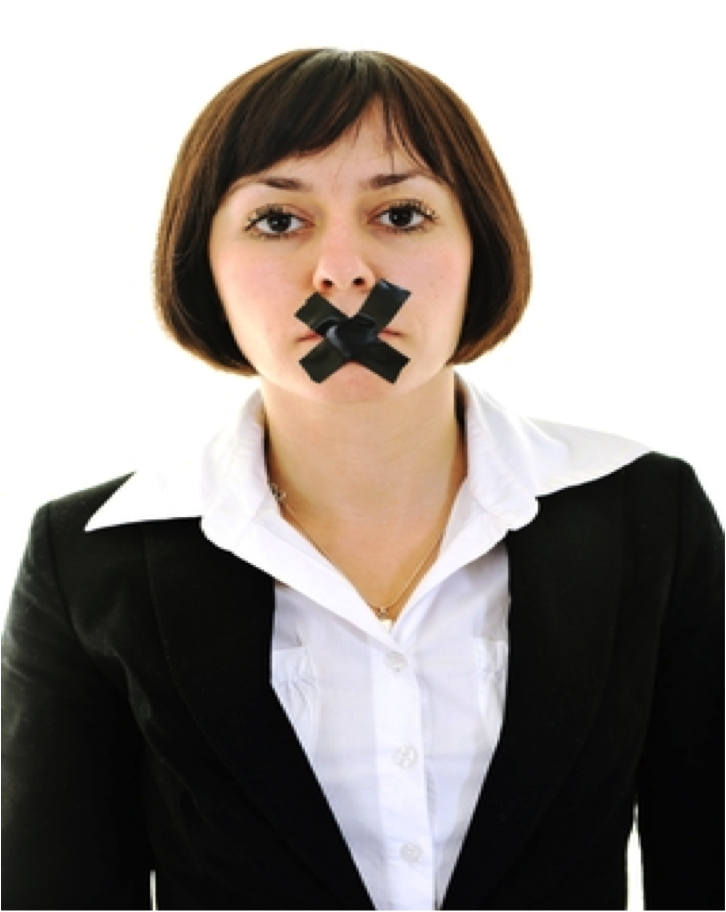Okay, call me crabby. Not a day goes by when my neurons don’t cringe over seven irritating words clogging our speech. They’re everywhere.
On National Public Radio.
Quotes in newspapers and magazines.
On prime-time television programs.
Out of the mouths of famous news anchors, politicians, scientists, celebrities, writers.
Wherever people congregate, these garden-variety word slugs emerge. Across every generation, Boomer, X, Y, and Z. Even icons of erudition say them. Can you guess what they are?
Kind of. Sort of. Like. You Know. Or should I say, kinda, sorta, l-i-i-k-e, ya’ know.
When I began to notice this quirk in public discourse some years back, I didn’t think much about it. Until the slugs squished themselves into every third or fourth word like they owned the sentence. I know, they work like commas, a chance for the mouth to catch up to the brain. If I named names of folks who regularly spout these lazy words, you’d be amazed. Just tune your ear into it; you will be stunned at the language luminaries who do it. No, it is not just a twenty-something phenom.
Kinda, sorta, like and ya’ know roughen the edges of great language, and squash the beautiful art of conversation. They gunk up the way we talk to each other. Texting. Chatspeak. Online slang. OMG, roflol, ttyl, brb, l8r, lmao, tmlae. What?
We’re taught in English class (or at least once were) to speak and write as clearly and precisely as possible. Remember high school public speaking class? Mr. Loy Elser summoned us to the podium for our speech of the week. With arms folded and gripping a stiletto piece of white chalk in his slender fingers, he strolled silently up and down the aisles of desks. Boom. He stopped right behind us, as we froze in mid-sentence, to scratch vertical marks on the blackboard every time we said “uh, er, ah, um.” In some classes, all three blackboards were covered. The fewer marks, the higher grade. Before the semester ended, we cleaned up our speech.
I admit, as a writer who worships in the cathedral of language, the itinerate kinda and you know plops out of my mouth, too. Shame on me.
Why Care?
In Manpower Group’s 2012 Talent Shortage Survey, 20 percent of employers said they couldn’t hire needed employees due to lack of interpersonal skills, enthusiasm and motivation, and a lack of elementary command of the English language.
The Society of Human Resource Management and the AARP polled companies on skills gap between older and younger workers. More than half of respondents said simple grammar and spelling “were not readily present among younger workers.” Again, why should we care?
Because the U.S. ranks 14th in reading literacy among OECD nations, and an imponderable 79th in elementary school enrollment. The number of degrees earned in science, technology, engineering and math paints an equally dim picture for upward mobility in the modern U.S. economy.
How you speak is how you’re viewed by others. Lazy and weak word fillers display language in cardiac distress. Do what you can to manage symptoms. Check yourself.
Next time someone says, “well, I’d kinda like to go to a movie, you know, sorta get out for a while.” Quip back: Does that mean you want to go? Or not?
Thank you, Mr. Elser.







